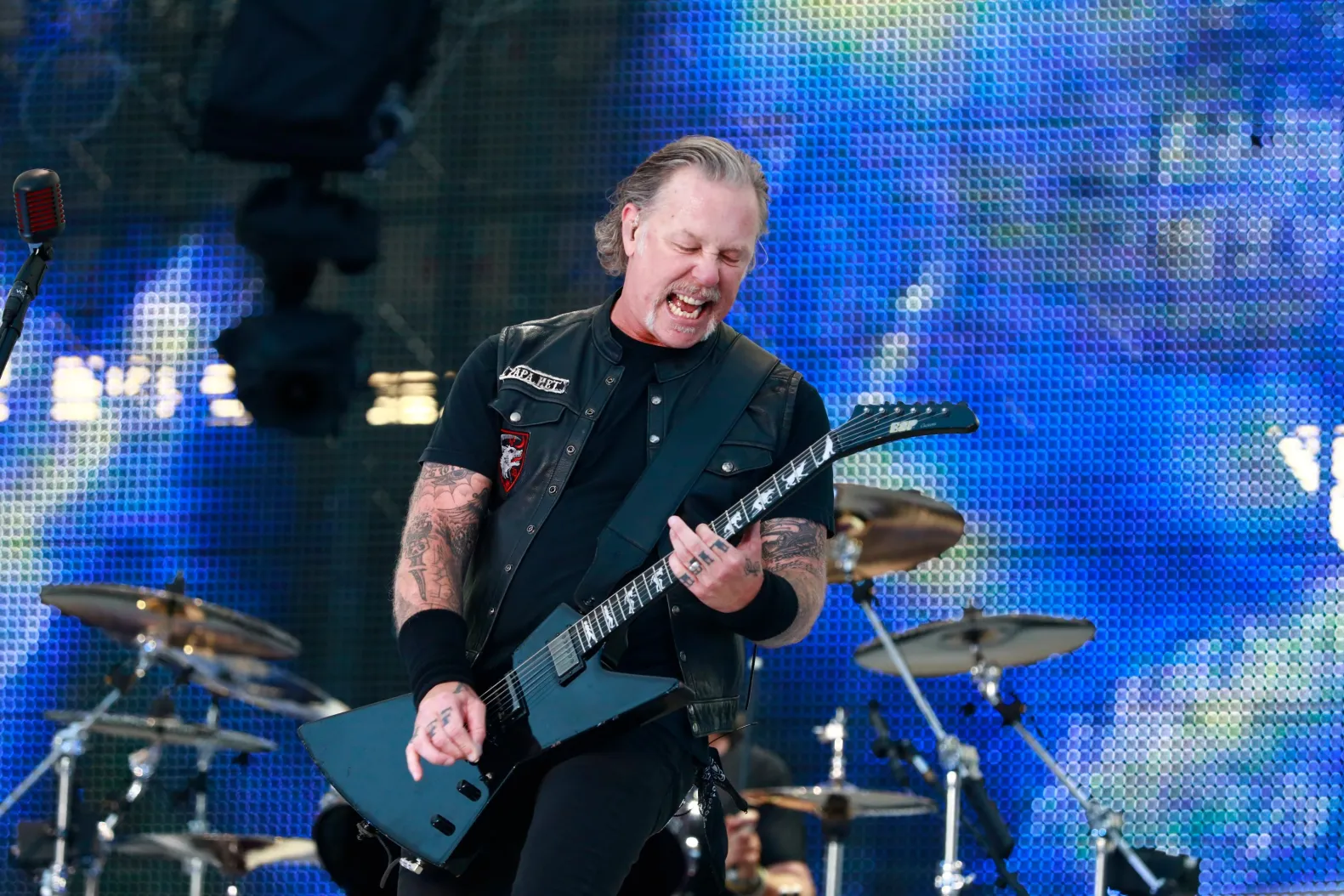James Hetfield, the iconic frontman of Metallica celebrated for his powerful vocals, harbors a profound love for the guitar, a passion that beats at the core of his musical soul. While his role in Metallica primarily involves rhythm guitar, leaving the more technically demanding aspects to Kirk Hammett, Hetfield’s journey as a musician commenced with the piano at the tender age of nine. It’s a surprising origin story considering the thunderous rock anthems he’s crafted with Metallica. Yet, after five years of piano melodies, he seamlessly transitioned to the guitar, a decision that has defined his musical trajectory ever since.
Inspired initially by bands like Aerosmith, Hetfield’s musical evolution took a seismic shift when he encountered the thunderous sounds of Black Sabbath. The sheer intensity and loudness of Black Sabbath’s music left an indelible mark on Hetfield, laying the foundation for the birth of Metallica. Introduced to the British rock pioneers by his older brother, Hetfield’s musical horizons expanded exponentially. Reflecting on this pivotal moment, he fondly recalled the experience of hearing Black Sabbath for the first time, describing it as more than just music—an immersive, powerful, and soul-stirring auditory experience.
In 2006, Hetfield had the honor of inducting Black Sabbath into the Rock and Roll Hall of Fame, an event that prompted him to revisit those formative days. He expressed the profound impact Black Sabbath had on him, emphasizing that their music was not merely about tunes but a potent, loud, and heavy sound that resonated deep within his soul.
Sharing his admiration for legendary guitarist Tony Iommi, Hetfield named him his all-time favorite. In an interview with Guitar World in 2015, Hetfield explained how Iommi’s riff-and-rhythm prowess inspired him to delve into the realm of heavy music. Acknowledging other notable rhythm players like Malcolm Young, Rudy Schenker, and Alex Lifeson, Hetfield asserted that, for him, Iommi stands alone in his league. Describing Iommi as a quiet genius, Hetfield highlighted his ability to seamlessly traverse from heavy, minor-key doom riffs to uplifting modes, a versatility that left an indelible mark on Metallica’s musical ethos.
Hetfield emphasized the transformative role of Black Sabbath, particularly Tony Iommi, in shaping the landscape of rock music. Without Iommi’s groundbreaking contributions, bands like Metallica might not have flourished. Despite the differences between Metallica and Black Sabbath, Hetfield remains acutely aware of the debt owed to these musical pioneers who paved the way for his illustrious career.
